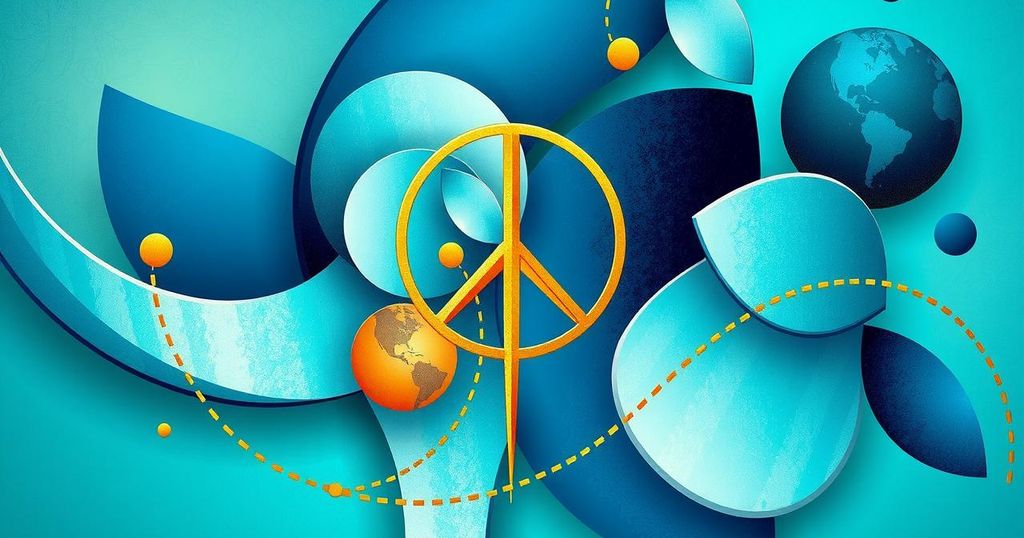Niger’s Withdrawal from Lake Chad Force and Global Diplomatic Highlights
Niger has withdrawn from the Lake Chad military force, impacting counter-terrorism efforts. Dmitry Polyanskiy comments on the Biden administration’s role in escalating the Ukraine conflict and praises Saudi Arabia’s diplomatic initiatives. He emphasizes Russia’s commitment to the two-state solution in Middle Eastern issues and expresses support for Sudanese authorities amidst challenges. Regarding Syria, he advocates for a peaceful transition and continued positive relations between Russia and Syria.
Niger has officially withdrawn from the Lake Chad military force, which was established to combat terrorist groups in the region. This decision signifies a major shift in Niger’s military involvement and may affect ongoing counter-terrorism efforts across Lake Chad and its neighboring countries. The move raises concerns about the stability and security of the area, which has already been challenged by extremist organizations leading to humanitarian issues.
In recent interviews, Dmitry Polyanskiy, Russia’s first deputy permanent representative to the UN, criticized the Biden administration’s approach to the Ukraine conflict, suggesting it exacerbated tensions rather than resolved them. He reflected on how a different perspective from former US President Trump might have facilitated a resolution earlier. Polyanskiy stated, “The previous (American) administration was unfortunately part of the problem, not part of the solution.”
Polyanskiy noted the interlinked nature of various global crises, including those in Gaza and Sudan, expressing gratitude for Saudi Arabia’s emerging diplomatic role. He acknowledged that despite Russia’s waning influence in Middle Eastern matters, the country’s commitment to a two-state solution remains steadfast. He said, “Of course, they are based on the two-state solution. This is the core principle that is indispensable for any efforts.”
Concerning Sudan’s turmoil, Polyanskiy affirmed Russia’s support for the Sudanese government while refuting claims of famine, attributing food distribution issues to other factors rather than a lack of availability. He stated, “Hunger shouldn’t be instrumentalized and used as a tool in any propaganda campaign against any country, including Sudan.”
In discussing Syria, Polyanskiy highlighted the challenges faced after the opposition’s success against Bashar Assad’s regime. He stressed the necessity for a peaceful transition in Syria that incorporates varied representation. While addressing possible prosecutions of Assad, he suggested there were more critical concerns for the transitional government, asserting, “The transitional authority had more pressing concerns.”
Polyanskiy concluded with a hopeful outlook for Russia’s relations with Syria, emphasizing historical bonds and a commitment to aiding the country’s future development. “We have very good basic elements to consolidate friendship and cooperation between our countries,” he added, reflecting a long-term vision for Russian-Syrian relations.
In summary, Niger’s withdrawal from the Lake Chad military force marks a pivotal change in regional counter-terrorism efforts. Concurrently, Russia’s stance on global conflicts remains firm, particularly regarding Ukraine, Gaza, and Sudan. Dmitry Polyanskiy’s statements reflect a desire for more constructive international diplomacy and an assertion of Russia’s traditional alliances, which could influence future geopolitical dynamics in these regions.
Original Source: www.arabnews.com




Post Comment